The Siberian Husky White is a stunning variation of the classic Husky, distinguished by its dazzling white coat. While its appearance sets it apart, this breed shares the same energetic and friendly traits as traditional Huskies. White Huskies are high-energy and enduring. They need regular exercise, a balanced diet, and grooming to keep their coat healthy. Their playful and intelligent nature also demands mental stimulation and social interaction. The unique color of a Husky White is its only difference. It needs the same care as a traditional Husky. This will ensure a happy, healthy companion.
What Makes the Siberian Husky White Unique?
Genetics Behind the White Coat
The Siberian Husky White has a pure white coat. It is due to specific genes. A gene that dilutes the typical Husky colors causes this rare color. Those colors range from black and gray to red. The gene for this dilution gives the dog snowy white fur. This distinguishes it from its counterparts that feature traditional colors. Besides the coat color, this trait can affect other aspects of the Husky White. But the changes are usually subtle.
Comparing White Huskies to traditional Huskies
The Siberian Husky White is like traditional Huskies in temperament and build. Both share the same friendly, energetic nature and robust health. The main difference is their appearance. Traditional Huskies have various colors and markings. The White Husky has a uniform, bright white coat. Despite this difference, their behaviors, needs, and care requirements remain consistent. Both types of Huskies thrive on regular exercise, mental stimulation, and proper grooming. The Siberian Husky White is unique in appearance. But, it matches the traditional Husky in traits and care needs with great similarity.
Physical Characteristics of Siberian Husky White
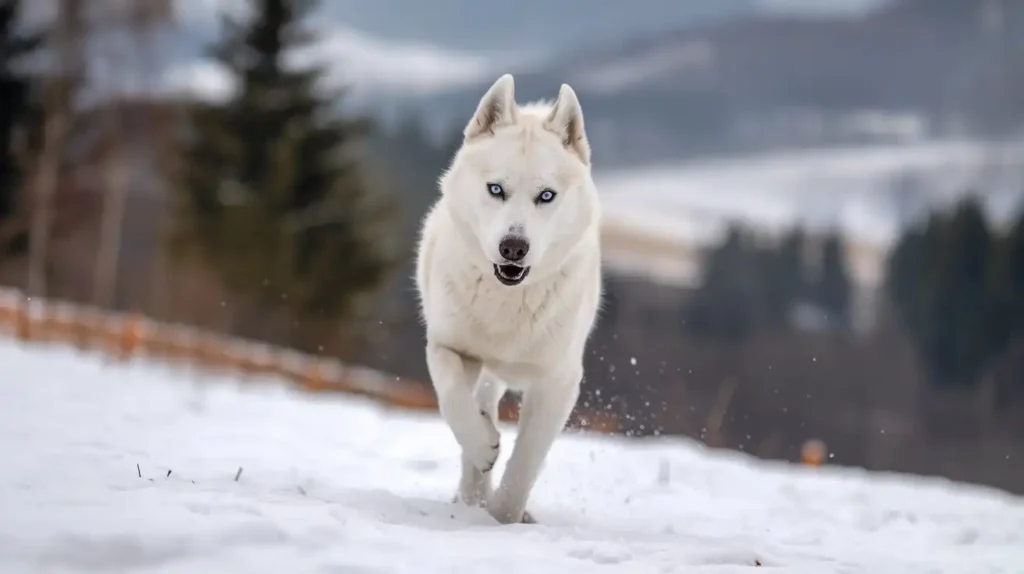
Coat Color and Patterns
The Siberian Husky White has a pure white coat. It may have some shading or markings. This coat requires regular grooming to keep it looking pristine. Unlike traditional Huskies, whose coats can have various patterns, the Siberian Husky White’s coat is a uniform white. This can highlight any dirt or stains more clearly.
Eye Color Variations
One of the most intriguing features of the Siberian Husky White is its eye color. Traditional Huskies can have blue, brown, or mixed-color eyes. The white variant prefers blue eyes, but other colors are possible. The contrast between the bright white fur and vivid blue eyes is particularly eye-catching.
Size and Build Differences
Size and build, the Siberian Husky White is very much like the traditional Husky. Both have a medium-sized, athletic build suited for endurance and agility. The white coat does not change the dog’s size or structure. But, it can make the Siberian Husky more striking and noticeable.
Temperament and Behavior
General Behavior of SiTemperament and Behavior
Siberian Huskies have vibrant personalities and high energy levels that are renowned. They are friendly, playful, and sociable dogs who thrive on interaction with people and other pets. Their intelligence and zest for life make them engaging yet demanding companions. They need regular exercise and mental stimulation to stay content. This high energy and need for activity apply equally to the Siberian Husky . It shares these traits with traditional Huskies.
Specific Traits of Siberian Husky White
The Siberian Husky White has a unique look. It may have some unusual behaviors due to its genes. Despite these differences, the Husky White behaves as the breed standard. These dogs are independent and strong-willed. These traits can make training challenging. With consistent and positive reinforcement, you can successfully manage these characteristics. The key is to engage the Husky White. Use activities that match its energy. Provide clear, positive guidance. This will foster a well-behaved, happy companion.berian Huskies
Siberian Husky White vs. Traditional Huskies
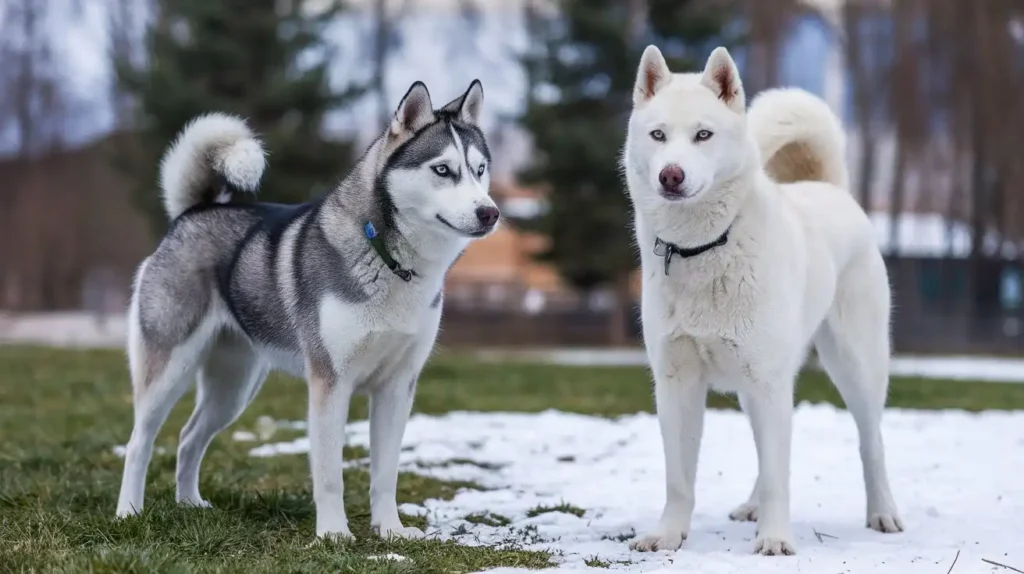
Coat Care Requirements
Caring for the coat of a Siberian Husky White involves more frequent grooming compared to traditional Huskies. The white coat shows dirt and stains more. So, it needs regular brushing and occasional baths to look good. Traditional Huskies with darker coats may not need as much grooming. But, both types need regular care to prevent matting and maintain coat health.
Exercise Needs
Both the Siberian Husky White and traditional Huskies have high exercise needs. They are active and need plenty of physical activity to stay healthy and happy. Daily walks, playtime, and mental stimulation are crucial. The white coat does not affect their exercise needs. But owners should prevent boredom and behavioral issues by providing enough activity.
Training and Socialization
Both types of Huskies, the Siberian Husky White and the traditional Husky, need training and socialization. Both types enjoy early socialization and training. It will help them become well-behaved, balanced dogs. The Siberian Husky White is independent. It may need more patience and persistence. But, with the right approach, it can be a well-trained companion.
Care Tips for Siberian Husky White
Grooming Needs
The Siberian Husky White requires regular grooming to keep its coat in top condition. This includes brushing several times a week to remove loose hair and prevent matting. Bathing should be done as needed to maintain the coat’s cleanliness, but not too frequently to avoid stripping natural oils. Special care should be taken to ensure the white coat remains free of stains and discoloration.
Health Considerations
Health considerations for the Siberian Husky White are similar to those for traditional Huskies. They are generally healthy dogs but can be prone to specific genetic issues such as hip dysplasia and eye conditions. Regular veterinary check-ups and a balanced diet are essential to keep the Siberian Husky healthy and active.
Diet and Nutrition
A proper diet is crucial for the health of a Siberian Husky. High-quality dog food that meets their nutritional needs is essential. Huskies are known for having high energy levels, so a diet that supports their activity level is important. Avoid overfeeding and ensure they have access to fresh water at all times.
Training Your Siberian Husky White
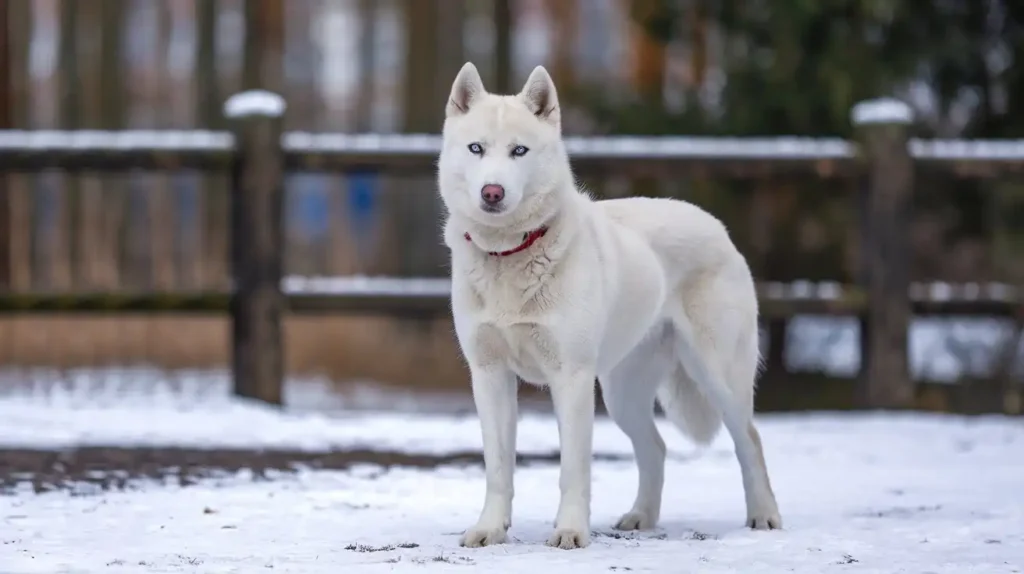
Basic Training Tips
Training a Siberian Husky White starts with basic commands such as sit, stay, and come. Positive reinforcement, such as treats and praise, works well with this breed. Consistency is key, and short, frequent training sessions are more effective than long, infrequent ones.
Advanced Training Techniques
For advanced training, try agility training or scent work. They will engage the Husky’s intelligence and energy. These activities can help. They can manage their high energy and provide mental stimulation. Both are important for their well-being.
Dealing with Common Behavior Issues
Huskies, including the Siberian Husky White, can have behavioral issues. These include separation anxiety and stubbornness. Address these issues with patience and consistent training techniques. Providing plenty of exercise and mental stimulation can also help mitigate these behaviors.
Health Considerations for Siberian Husky White
Common Health Issues
The Siberian Husky White has some of the same health issues as traditional Huskies. These include eye conditions like cataracts and hip dysplasia. Regular vet visits and a healthy lifestyle can help. They can manage risks and ensure early detection and treatment of problems.
Preventive Measures
For the Siberian Husky White, do regular vaccinations and parasite control. Also, maintain a healthy diet. A clean, parasite-free coat helps their health and well-being.
Regular Vet Check-ups
Regular vet check-ups are important to check the health of your Siberian Husky . Routine exams can catch health issues early. They ensure your Husky is in good condition.
Living with a Siberian Husky White
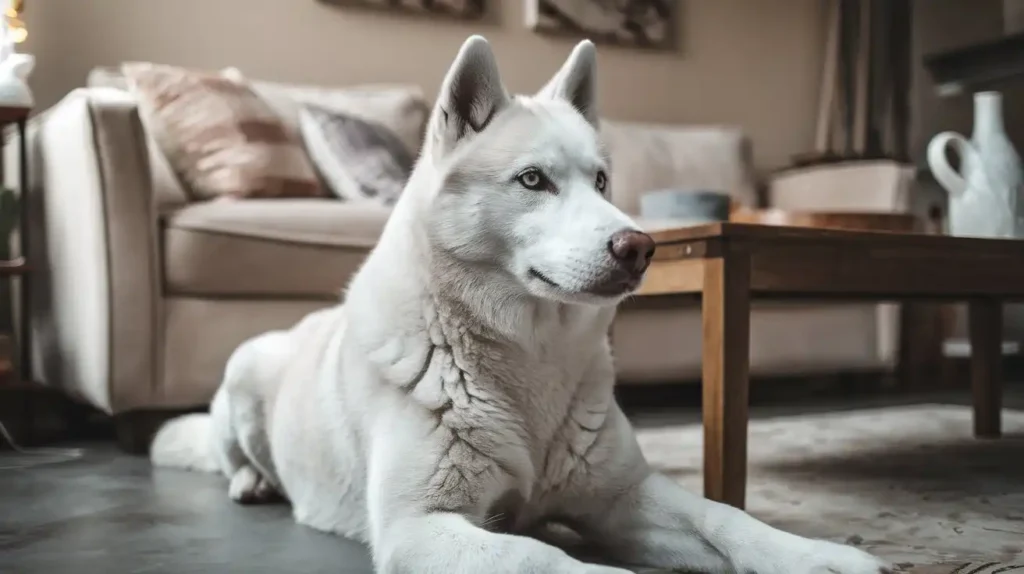
Adapting Your Home for a Husky
To adapt your home for a Siberian Husky White, consider a few key things. This will ensure their well-being and happiness. Huskies are energetic dogs, so providing ample space for exercise and play is crucial. A secure yard that allows them to run and explore provides significant benefits. If you don’t have a yard, regular visits to a park where they can roam freely will help meet their high activity needs. Also, dog-proof your home to prevent accidents and damage. Huskies can be curious and mischievous.
Interaction with Other Pets
The Siberian Husky White usually gets along with other pets if it is properly socialized. Introduce them to other animals in controlled, gradual settings. This will ensure smooth interactions. Their friendly nature helps them get along with other pets. But patience and supervision are key during the initial introductions.
Exercise and Activity Requirements
Exercise and activity are paramount for the Siberian Husky White. Daily walks and play sessions keep them healthy and sharp. Huskies have a lot of energy. Without enough exercise, they get bored and may be destructive. Tasks that challenge their minds, like puzzle toys or agility training, boost their well-being. It’s vital to balance physical and mental stimulation. This will keep your Husky White happy and well-adjusted.
Choosing the Right Siberian Husky White for You
Finding a Reputable Breeder
Choosing the right Siberian Husky White starts with a good breeder. They must have high standards in their breeding practices. A trustworthy breeder will prioritize their dogs’ health and temperament. They should provide health clearances and references. It ensures the puppies are well-bred and free of genetic issues that could harm their health. Avoid breeders who don’t follow ethical practices. They may not care for their dogs’ health and welfare.
What to Look for in a Siberian Husky White
When selecting a Siberian Husky White, consider several key factors. First, check the dog’s health. Look for signs of good health, such as a shiny coat and clear eyes. Next, check the dog’s temperament. It must match your lifestyle. A well-socialized Husky White should be friendly and confident. It should be comfortable around people and other pets. Finally, consider how well the dog fits into your life. Can you meet its exercise and care needs? By focusing on these aspects, you can find a Siberian Husky White. It will be a joyful and compatible addition to your family.
Conclusion
The Siberian Husky White is a beautiful and unique variation of the Siberian Husky breed. Its striking white coat and Husky-like traits make it a great companion for those who can meet its needs. Proper care, training, and attention to health are key to ensuring a happy and healthy life for your Siberian Husky White. Whether you choose a white or traditional Husky, both offer the same loyalty, energy, and love that make them such beloved pets.

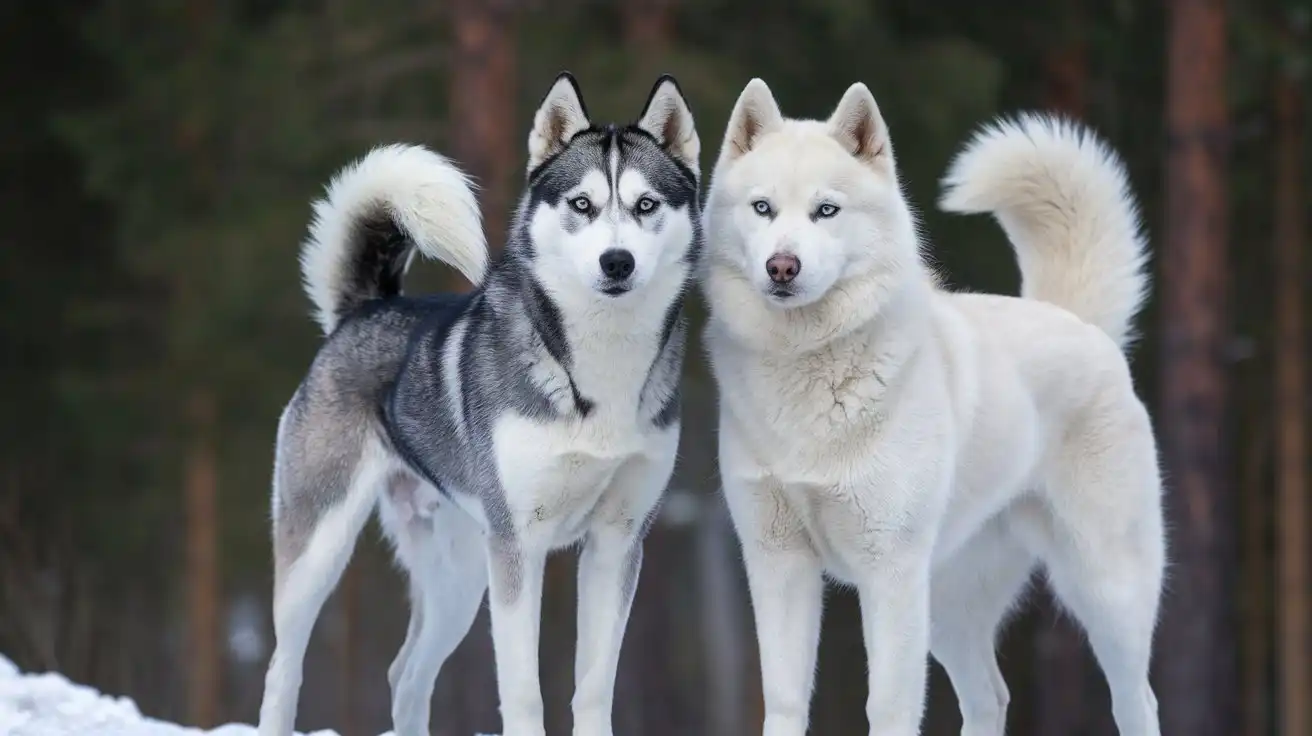
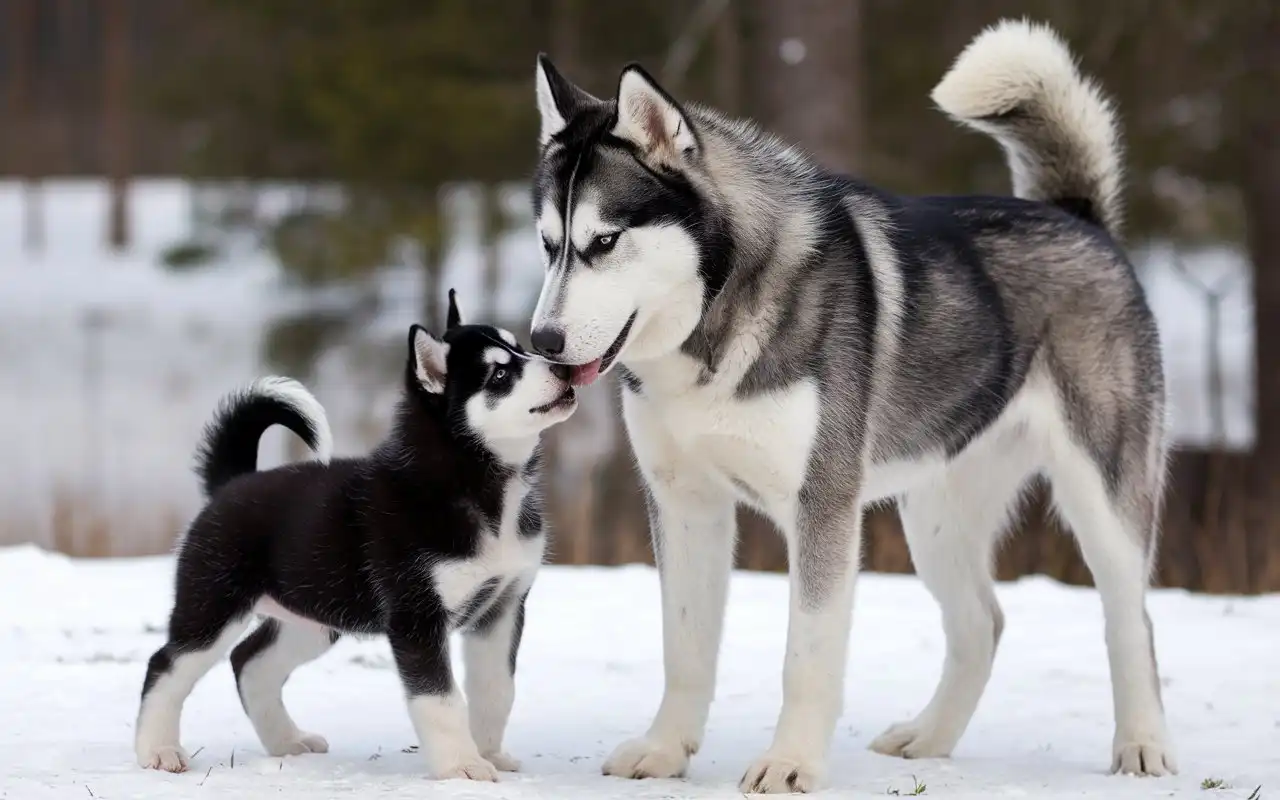

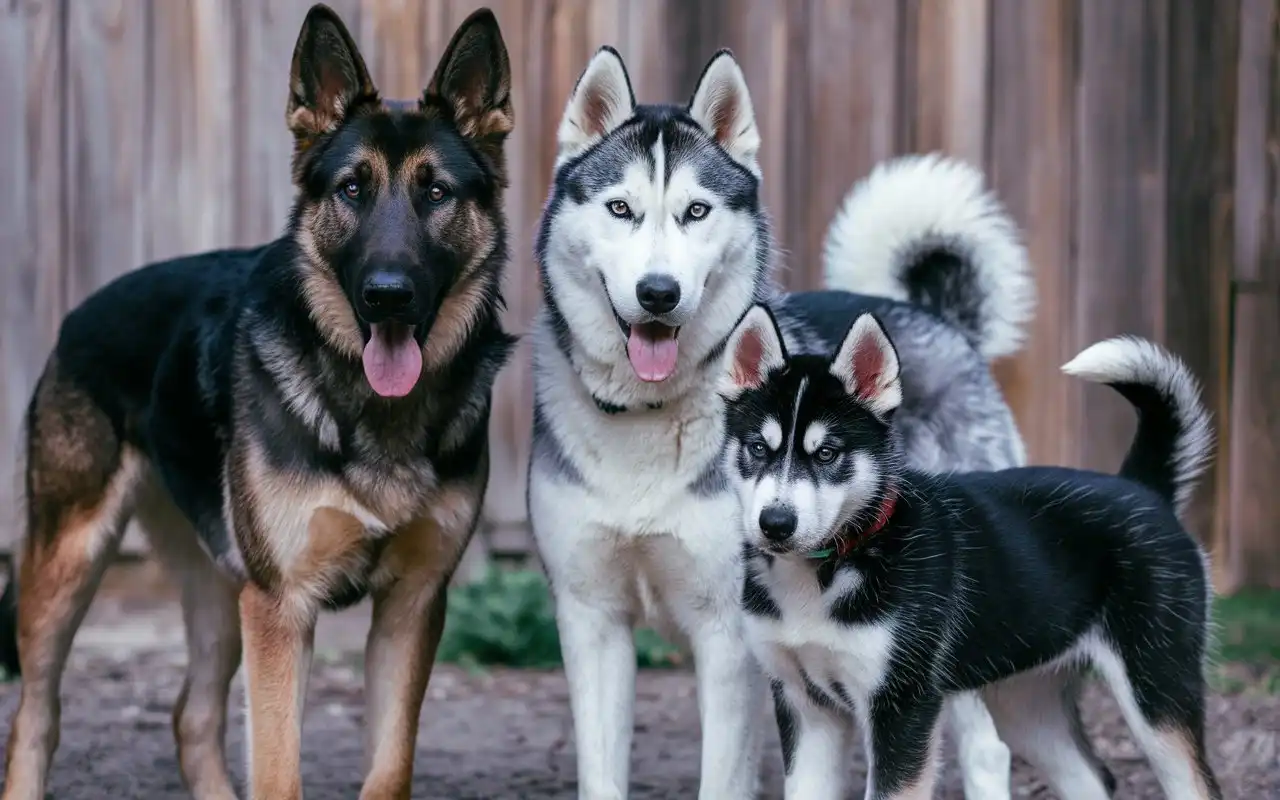
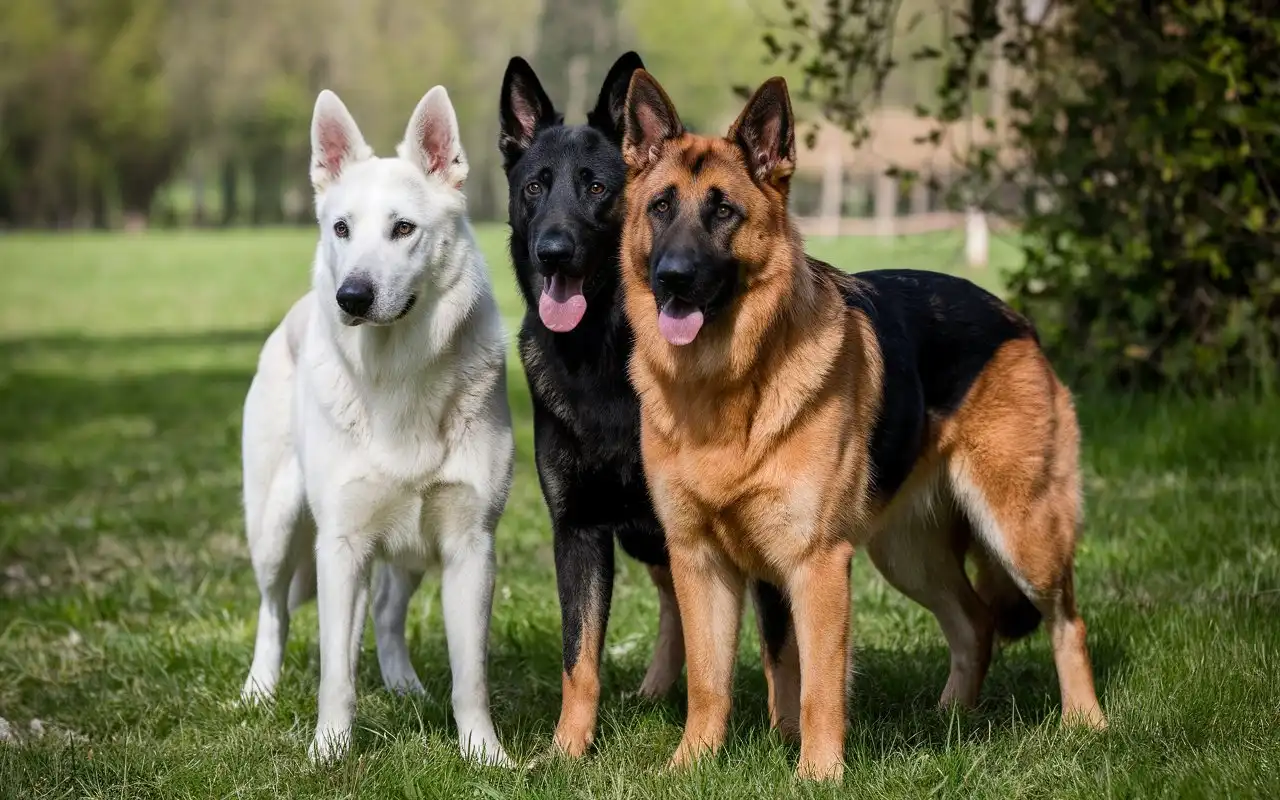
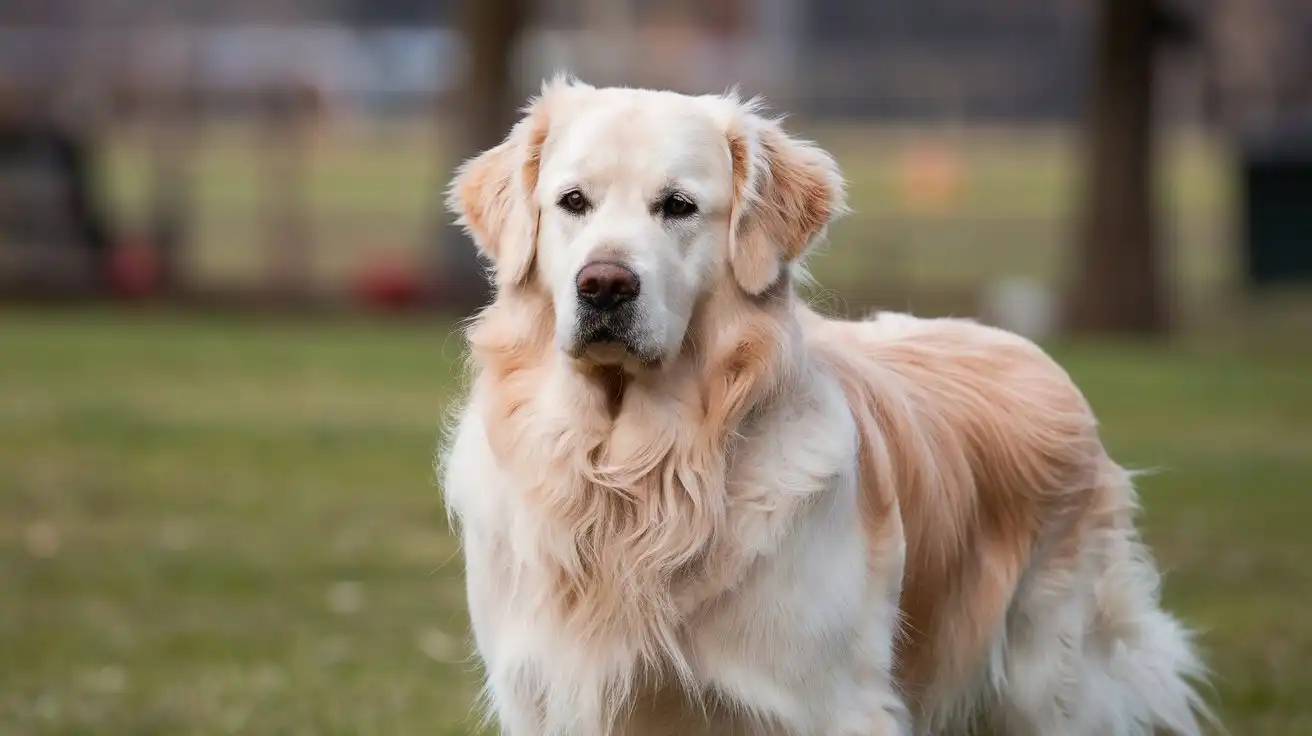
Pingback: 10 Adorable Poodle Mix Small Breed Dogs You’ll Fall in Love